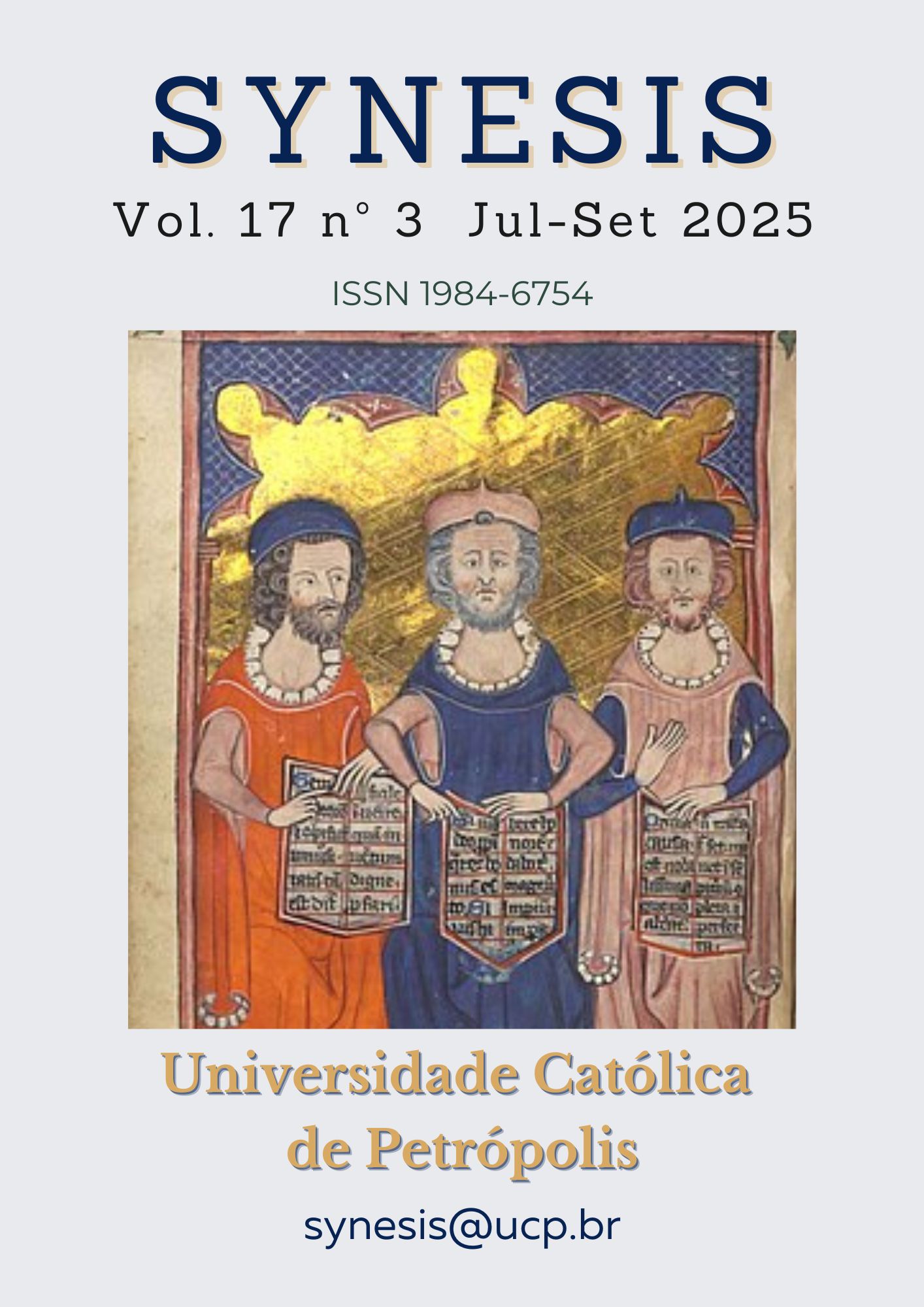Resumo
Este artigo reexamina a filosofia da liberdade de John Stuart Mill, tal como articulada em On Liberty, com foco em sua duradoura tentativa de reconciliar a autonomia individual com os limites morais e legais da ordem social. Por meio de uma análise textual e comparativa, o estudo investiga como o princípio do dano de Mill — segundo o qual a liberdade se estende apenas até o ponto em que causa dano a outros — define os limites éticos da autoridade estatal e social. A pesquisa situa o pensamento liberal de Mill dentro da filosofia política do século XIX, ao mesmo tempo em que avalia sua relevância contemporânea para os debates sobre direitos humanos, pluralismo moral e responsabilidade democrática. Os resultados revelam que a defesa milliana da liberdade de pensamento, expressão e individualidade permanece central nas discussões modernas sobre liberdade civil, ainda que seu modelo subestime as desigualdades estruturais e as restrições coletivas que moldam a liberdade real. Ao integrar perspectivas filosóficas, históricas e políticas, este estudo contribui para uma compreensão mais profunda da liberdade como um direito e uma condição moral para o desenvolvimento humano. Conclui-se que o ideal liberal de Mill — embora historicamente limitado — continua a servir como fundamento crítico para avaliar o equilíbrio ético entre a autonomia pessoal e o bem coletivo nas sociedades democráticas modernas.
Referências
Bell, M. C. (2021). John Stuart Mill’s Harm Principle and free speech: Expanding the notion of harm. Utilitas, 33(2), 162–179. https://doi.org/10.1017/S0953820820000229
Blasi, V. (2024). Is John Stuart Mill’s On Liberty obsolete? Daedalus, 153(3), 14–30. https://doi.org/10.1162/daed_a_02086
Do, T. (2024). Metaphysics of loneliness in Dostoevsky’s view of life: Essence and issues posed. Synesis, 16(1), 582–600. https://seer.ucp.br/seer/index.php/synesis/article/view/2994/3762
Do, T. (2025). Dostoevsky’s existential philosophy: A new contribution to freedom. Kalagatos – Revista de Filosofia, 22(2), eK25023. https://revistas.uece.br/index.php/kalagatos/article/view/15245
Do, T., & Nguyen, T. T. D. (2022). Separation of powers in John Locke’s political philosophy. Synesis, 14(1), 1–15. https://seer.ucp.br/seer/index.php/synesis/article/view/2148
Do, T. (2022). Aristotle’s thought on citizenship and the historical lessons for building a socialist law-governed state in Vietnam today. Synesis, 14(2), 30-48. https://seer.ucp.br/seer/index.php/synesis/article/view/2193
Do, T. T. T. (2023). Jean-Jacques Rousseau’s concept of freedom and equality in The Social Contract. Trans/Form/Ação: Revista de Filosofia, 46(2), 305–324. https://doi.org/10.1590/0101-3173.2023.v46n2.p305
Dilnavoz Rakhimdjanova. (2021). The concept of the idea of freedom in ancient and medieval philosophy. Psychology and Education Journal, 58(1), 4553–4563. https://doi.org/10.17762/pae.v58i1.1562
Marx, K., & Engels, F. (2001). Collected works (Vol. 4). Hanoi: National Political Publishing House.
Mill, J. S. (2006). On liberty (N. V. Trọng, Trans.). Hanoi: Tri Thuc Publishing House.
Mills, A. J., Durepos, G., & Wiebe, E. (Eds.). (2009). Encyclopedia of case study research. Sage Publications. https://doi.org/10.4135/9781412957397
Ngo, T. N. (2010). John Stuart Mill’s thought on individual freedom. Journal of Social Sciences, 8(144), 2010.
Ngo, T. N. (2011). John Stuart Mill and On Liberty. Philosophy Review, 11(246), 2011.
Ngo, T. N. (2012). John Stuart Mill and the movement for women’s rights. Journal of Family and Gender Studies, 3(22), 2012.
Schmidt, A. (2022). Freedom in political philosophy. Oxford Research Encyclopedia of Politics. https://doi.org/10.1093/acrefore/9780190228637.013.2022
Spicer, M. W. (2014). John Stuart Mill’s views on liberty, contestation, and individuality and their implications for public administration. All Maxine Goodman Levin School of Urban Affairs Publications. https://engagedscholarship.csuohio.edu/urban_facpub/1246
Stumpf, S. E. (2004). History of philosophy and theses (Do Van Thuan & Luu Van Hy, Trans.). Hanoi: Labor Publishing House.
Stumpf, S. E., & Abel, D. C. (2004). Introduction to Western philosophy (Luu Van Hy, Trans.). Ho Chi Minh City: HCMC Publishing House.
Tran, T. T. (2022). Freedom in Jean-Paul Sartre’s philosophy. Hanoi: Social Sciences Publishing House.
Wendy Donner. (1991). The liberal self: John Stuart Mill’s moral and political philosophy. Cornell University Press.
Wilkinson, T. M. (2020). On liberty and harm in liberal thought. Utilitas, 32(2), 219–235. https://doi.org/10.1017/S0953820819000554
Hansson, S. O. (2020). John Stuart Mill and the conflicts of equality. The Journal of Ethics, 26, 433–453. https://doi.org/10.1007/s10892-022-09393-7
Henrik Skaug Sætra. (2019). The tyranny of perceived opinion: Freedom and information in the era of big data. Technology in Society, 59, Article 101155. https://doi.org/10.1016/j.techsoc.2019.101155
Magee, B. (2003). The story of philosophy (H. P. Anh & M. Son, Trans.). Hanoi: Statistics Publishing House.

Este trabalho está licenciado sob uma licença Creative Commons Attribution-NonCommercial-NoDerivatives 4.0 International License.
Copyright (c) 2025 Synesis (ISSN 1984-6754)

